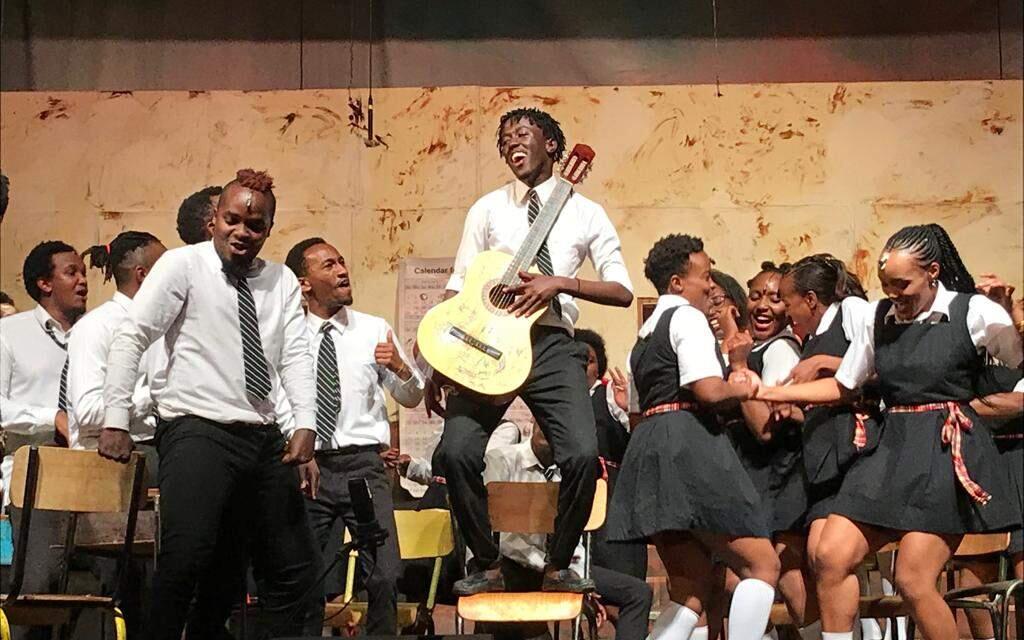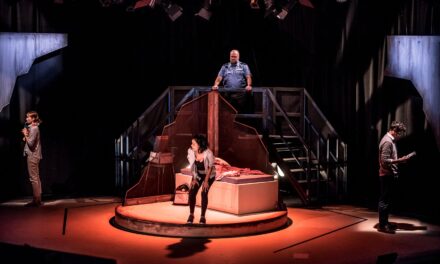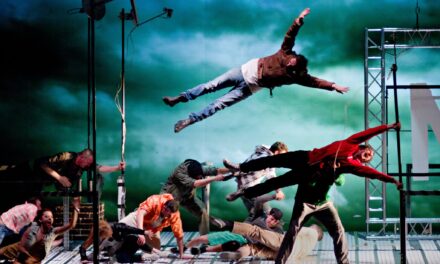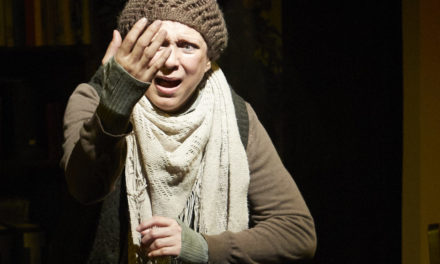ALEXANDER NDERITU: Thank you for agreeing to this interview, Mr. Nash. Let’s start with some basics. Where are you originally from and how did you get into theatre?
STUART NASH: I was born and raised in London. My first acting role was in London’s West End in the musical Oliver! When I was 9 year old.
AN: What brought you to Kenya and what has kept you here?
SN: This is one of those stories that you couldn’t plan. I was living in Tanzania in a rural town and by chance I had a business in the same town as a Kenyan who ultimately asked me to come to Kenya to direct a play.
AN: You set up the Nairobi Performing Arts Studio (NPAS), a production company that also offers classes related to performance arts. Initially, the shows you staged were ‘old classics’ like Sarafina, Jesus Christ Superstar, and Grease. And then you suddenly gave us Ngahika Ndeenda (I Will Marry When I Want) by Ngũgi wa Thiong’o, probably the most Kenyan of Kenyan writers! What informed that decision?
SN: As artists we are always looking to do something bigger and better than the last thing we did and I was looking for a show to do after Sarafina which would be as big or better. I happened to be talking with a friend of mine, the Nation journalist Margaretta Wa Gacheru, who had been a student of Ngugi Wa Thiong’o at the University of Nairobi and she suggested I Will Marry When I Want, as soon as I read it I applied for the rights and the rest, as they say, is history.
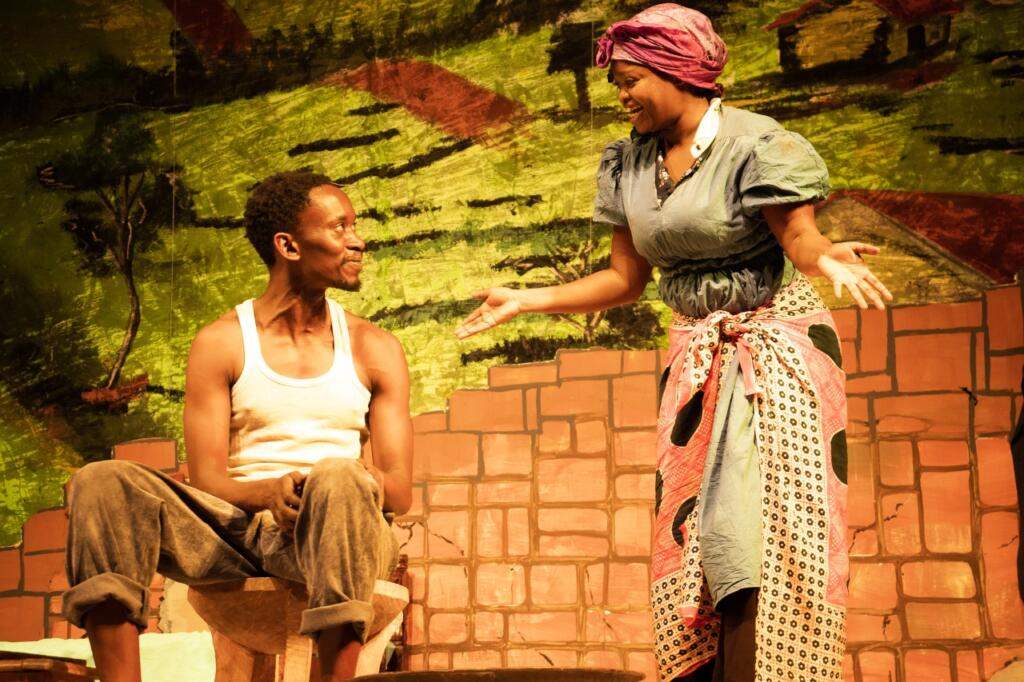
A scene from ‘Ngahika Ndeenda’ (‘I Will Marry When I Want’), a play by Ngũgi wa Thiong’o.
(Photo courtesy of NPAS)
AN: Ngahika Ndeenda was a smash hit by local standards. So much so that you’ve had at least two more runs due to public demand. This was a play that was originally written in the Gîkũyũ language about 40 years ago and it got the playwrights arrested. Tell us about this particular play: Why you chose to stage it, the process of getting the rights, the impact you feel it had, any political issues you faced…
SN: I loved the idea that the play had so much history surrounding it, it’s not often as a director one gets such an opportunity. Audiences were shocked how much relevance the play still had 45 years later. In fact, after one show, an audience member came up to me and asked what we had added in to make it relevant today, I told him we had added nothing, he asked me the same question again and I assured him nothing had been added, that the dialogue on stage was the original, he still didn’t believe me and walked off. We didn’t face any political issues. In fact, the Ministry of Sports, Culture and Heritage were scheduled to part-finance the 2020 production.
AN: I’m curious. NPAS has been around for a relatively short time. And yet you have worked with some of the biggest names in the business and you continue to churn out hit after hit. The Kenyan theatre scene has been the graveyard of many a theatre troupe. (The demise of Phoenix Theatre is a prime example.) How do you stay afloat?
SN: Well it’s not all been plain sailing, the first few shows I did lost money, Jesus Christ Superstar lost 1.4 million Kenyan shillings. So I guess over time, I’ve learned to choose shows which have a chance of attracting a good size audience to mitigate the financial risk. I would love to direct some more obscure plays (like Mstinji – The Miser which I directed in September and was based on Moliere’s L’Avare and financed by Alliance Francaise, Nairobi) but the risk of financial disaster is too great. And between I don’t receive any sponsorship from anyone, I fund all the productions myself so I need to be extra careful.
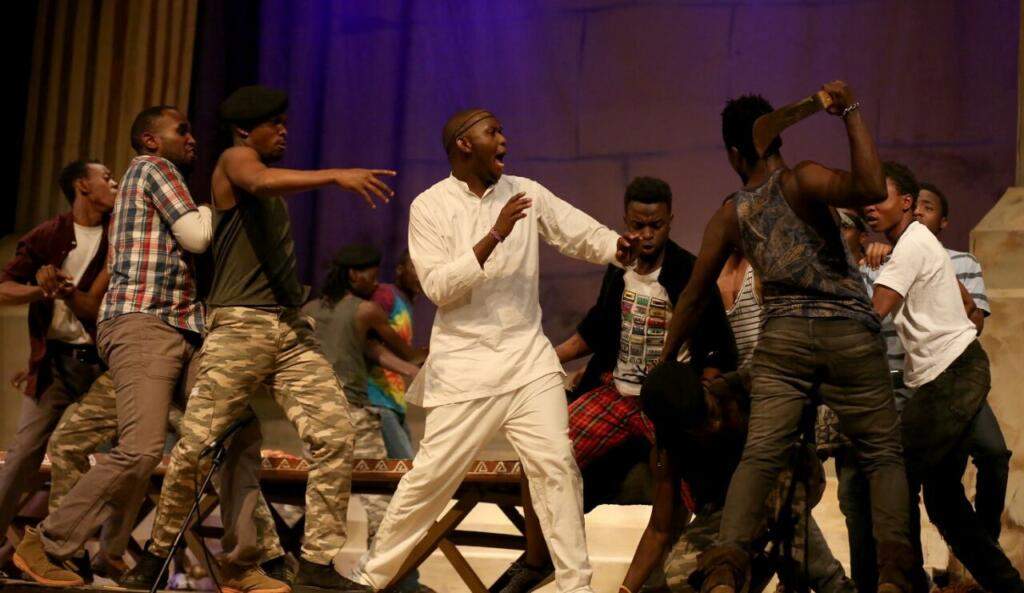
A scene from the NPAS production of ‘Jesus Christ Superstar’ in Nairobi (Photo courtesy of NPAS)
AN: This is a biggie. It was the national performing arts conference’s overriding theme this year. COVID-19. How did it affect NPAS and how did you survive the lockdowns?
SN: When everything shut down in March 2020 we had actually already started rehearsing for I Will Marry When I Want. A couple of weeks after schools shut down wondering what I was going to do I had an idea to provide free online classes for primary and secondary students to help parents find something for their children to do when they were suddenly at home 24/7. So I approached the Cabinet Secretary, Amina Mohammed, who thought it was a good idea, and the Ministry ended up funding the teachers. When we started the classes we had 150 students and expected it to last a month, by the end of the year we had done about 8 months of free classes and had over 4,000 sign -ups.
AN: What is NPAS currently working on? What can we expect in the near future?
SN: As you know we will be having a rerun of I Will Marry When I Want in a couple of weeks and then we are planning for Betrayal in the City in March next year and the we are doing a stage version of Nairobi Half Life in August 2023.
AN: Any parting shot? The floor is yours, as they say.
SN: Please support Kenyan theatre!!! I feel that theatre is still viewed as a bit elitist everywhere in the world but if you’ve never been to the theatre before give it a try because there is nothing like having an amazing story unfold in front of you LIVE!
AN: Where can TTT readers find out more about NPAS? Give us your socials, website – the whole kit and caboodle.
SN: FB, IG and Twitter are all Nairobi Performing Arts Studio. Our website, www.npa-studio.co.ke , is currently under maintenance but you can see all the commercials we have made on YouTube https://www.youtube.com/channel/UCePCQp90Eqhm13PHp2ZDpfA/videos
This post was written by the author in their personal capacity.The opinions expressed in this article are the author’s own and do not reflect the view of The Theatre Times, their staff or collaborators.
This post was written by Alexander Nderitu.
The views expressed here belong to the author and do not necessarily reflect our views and opinions.

